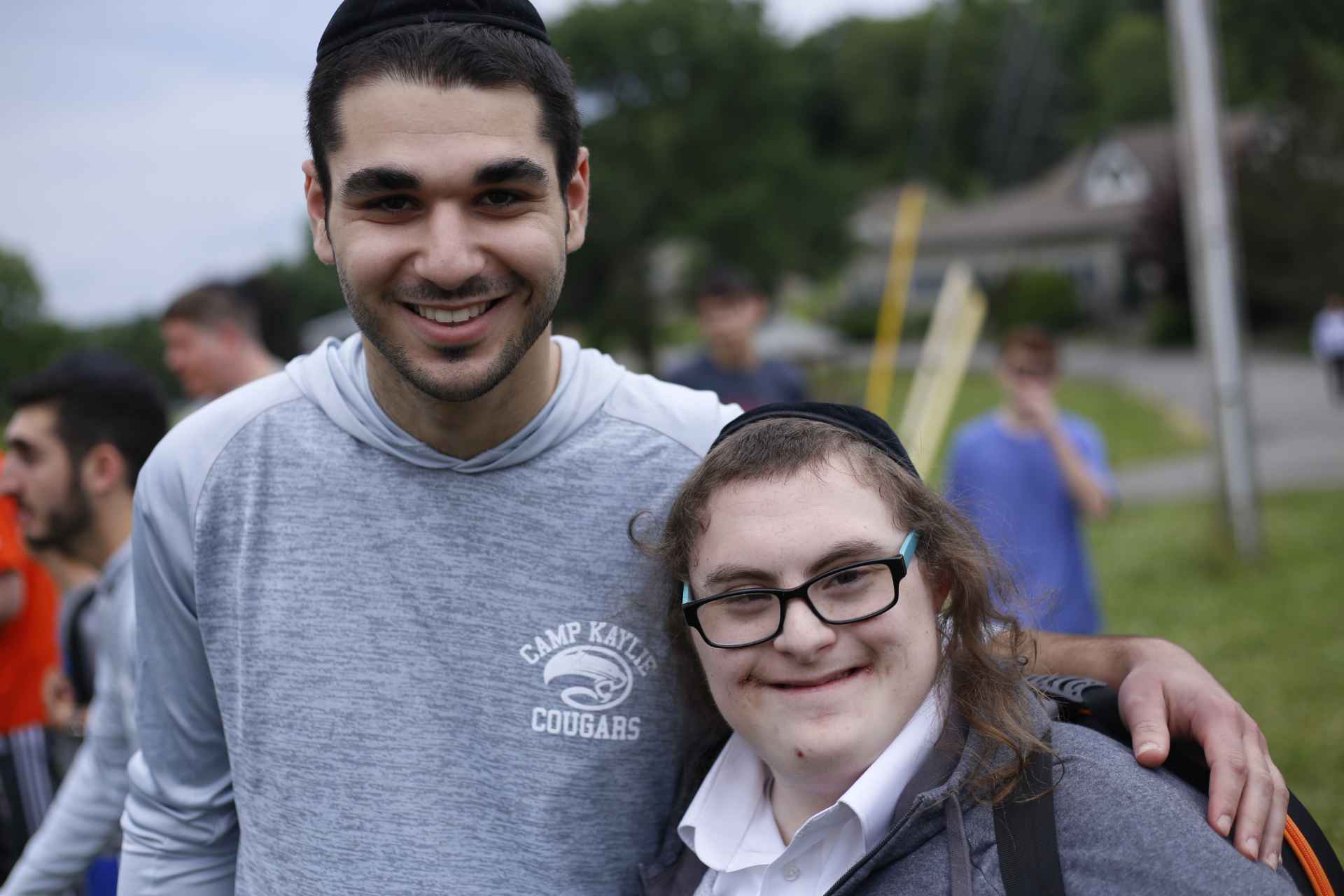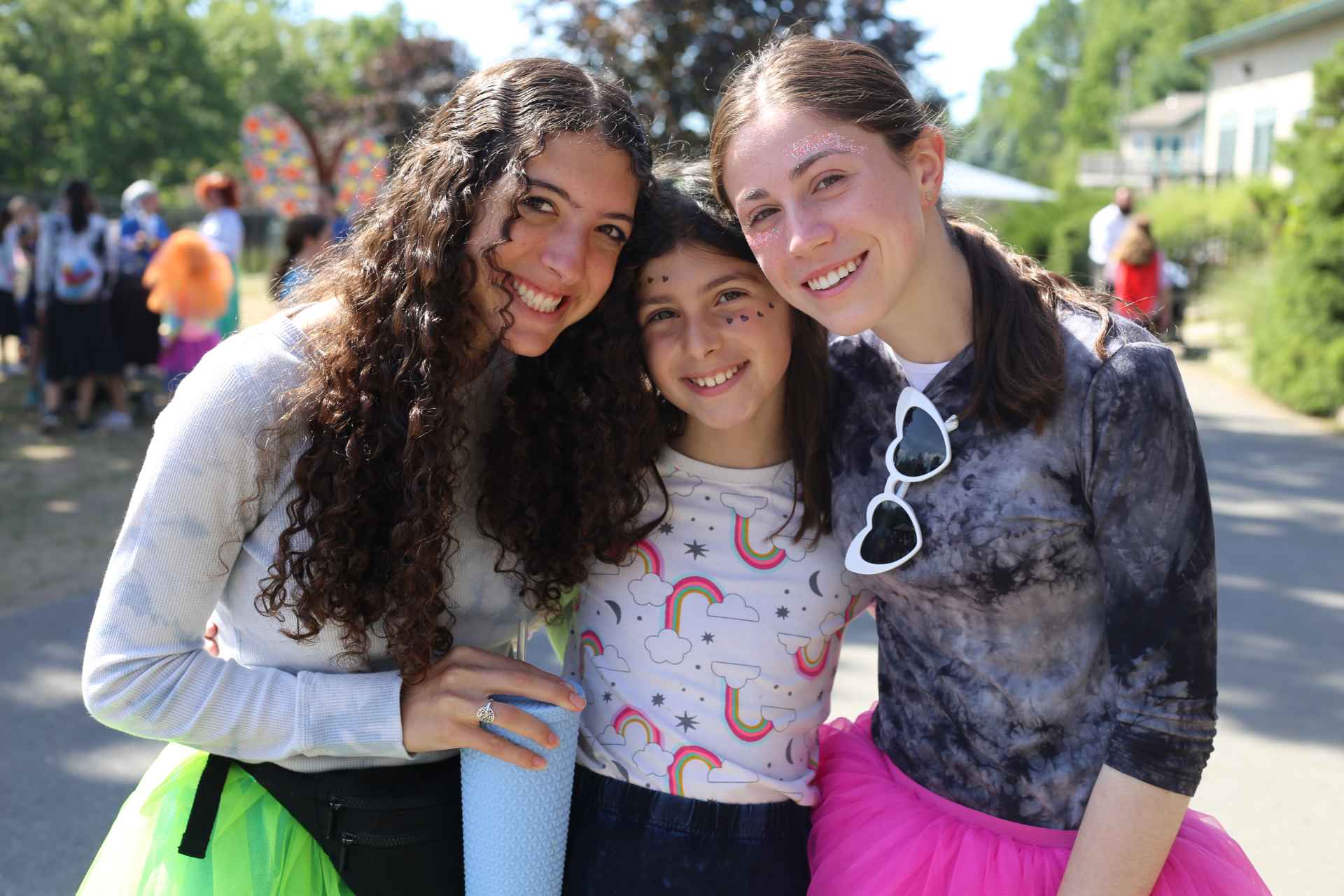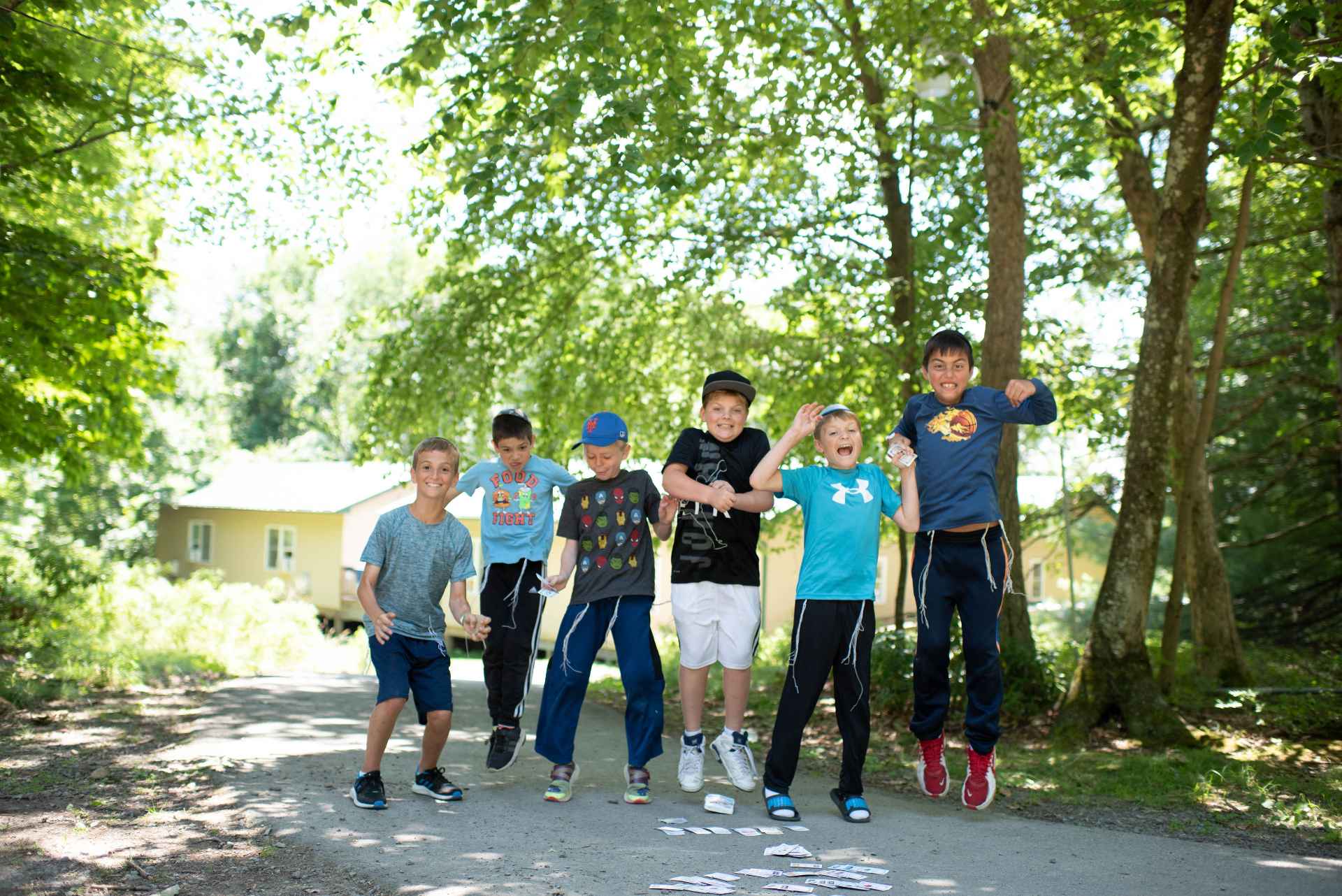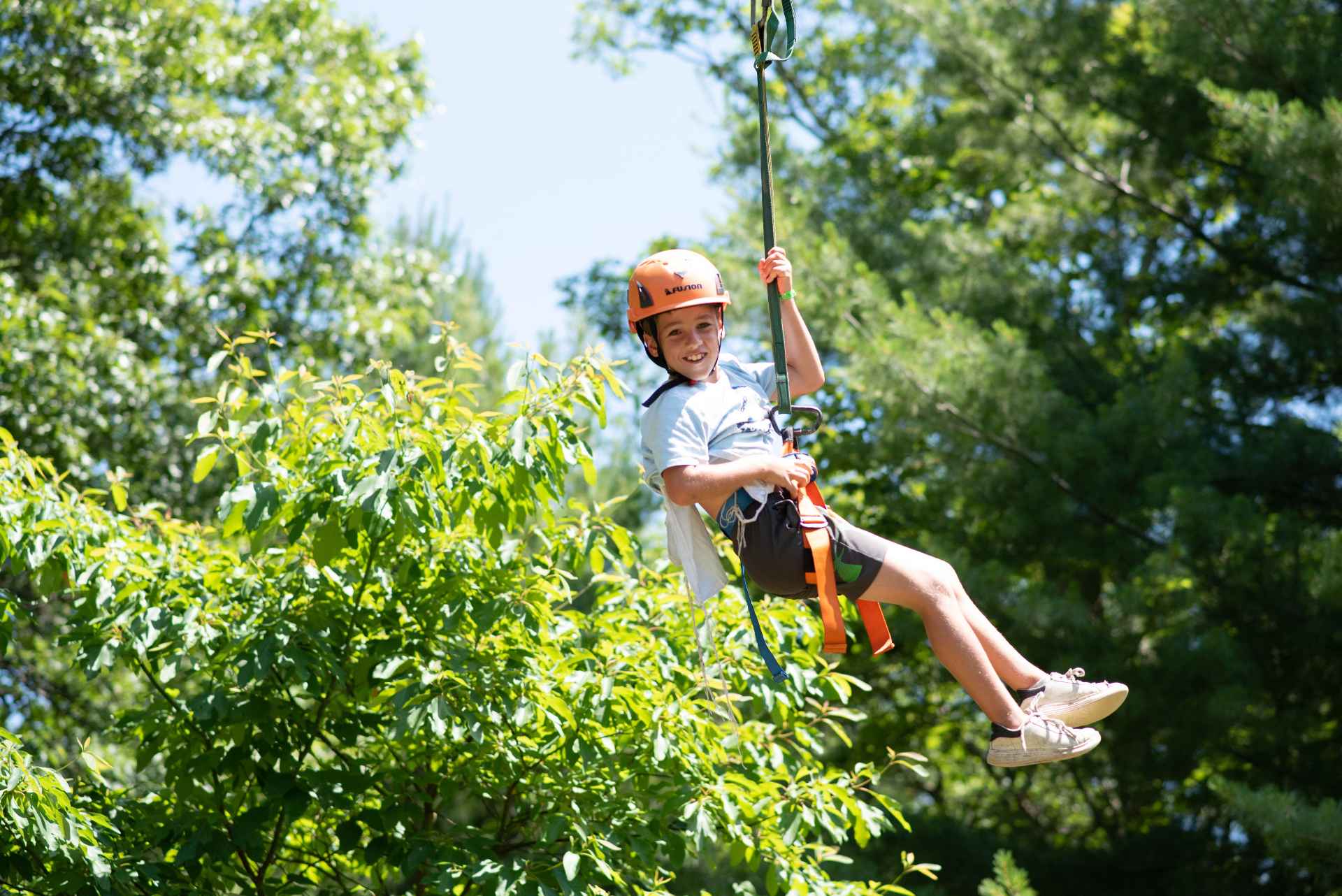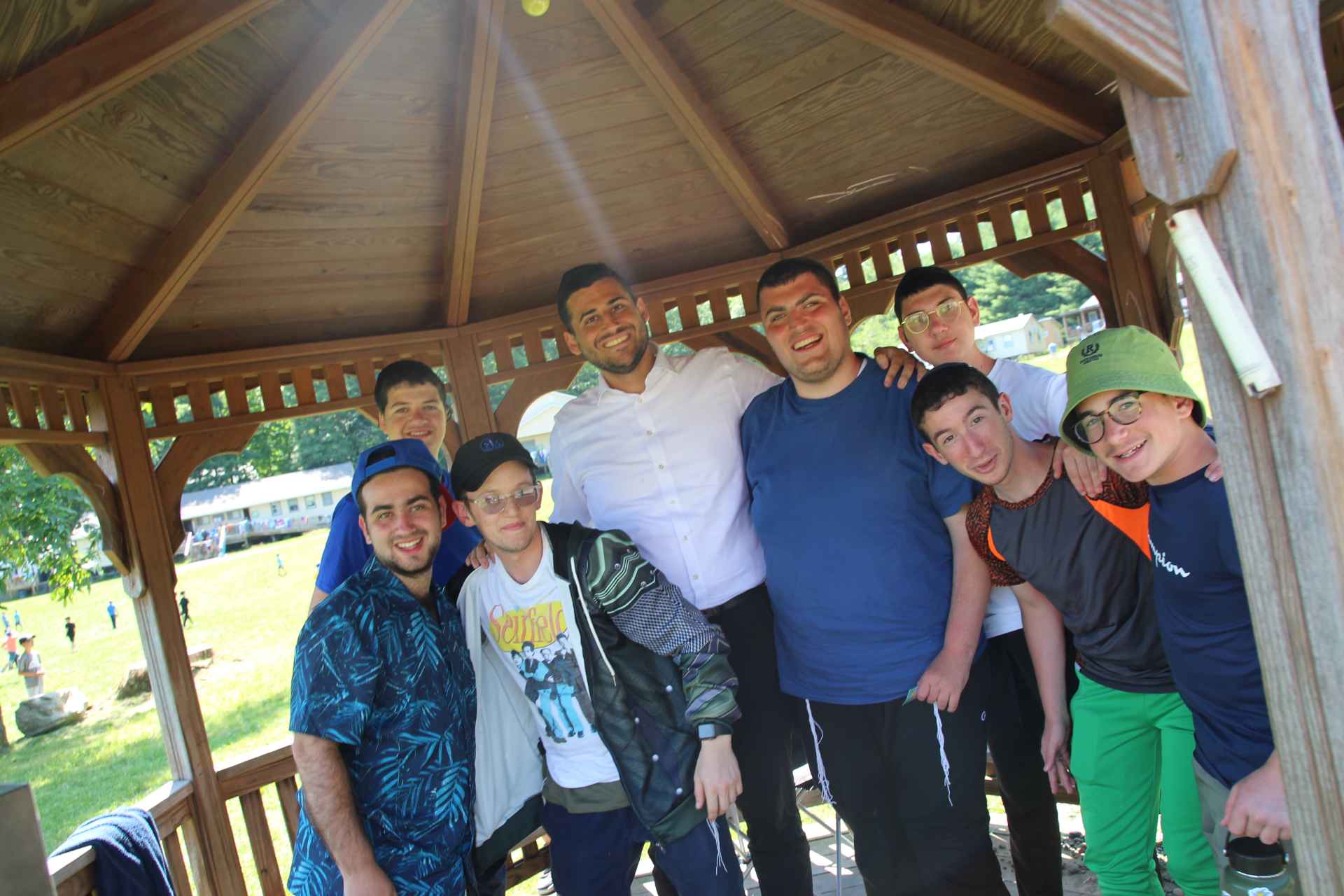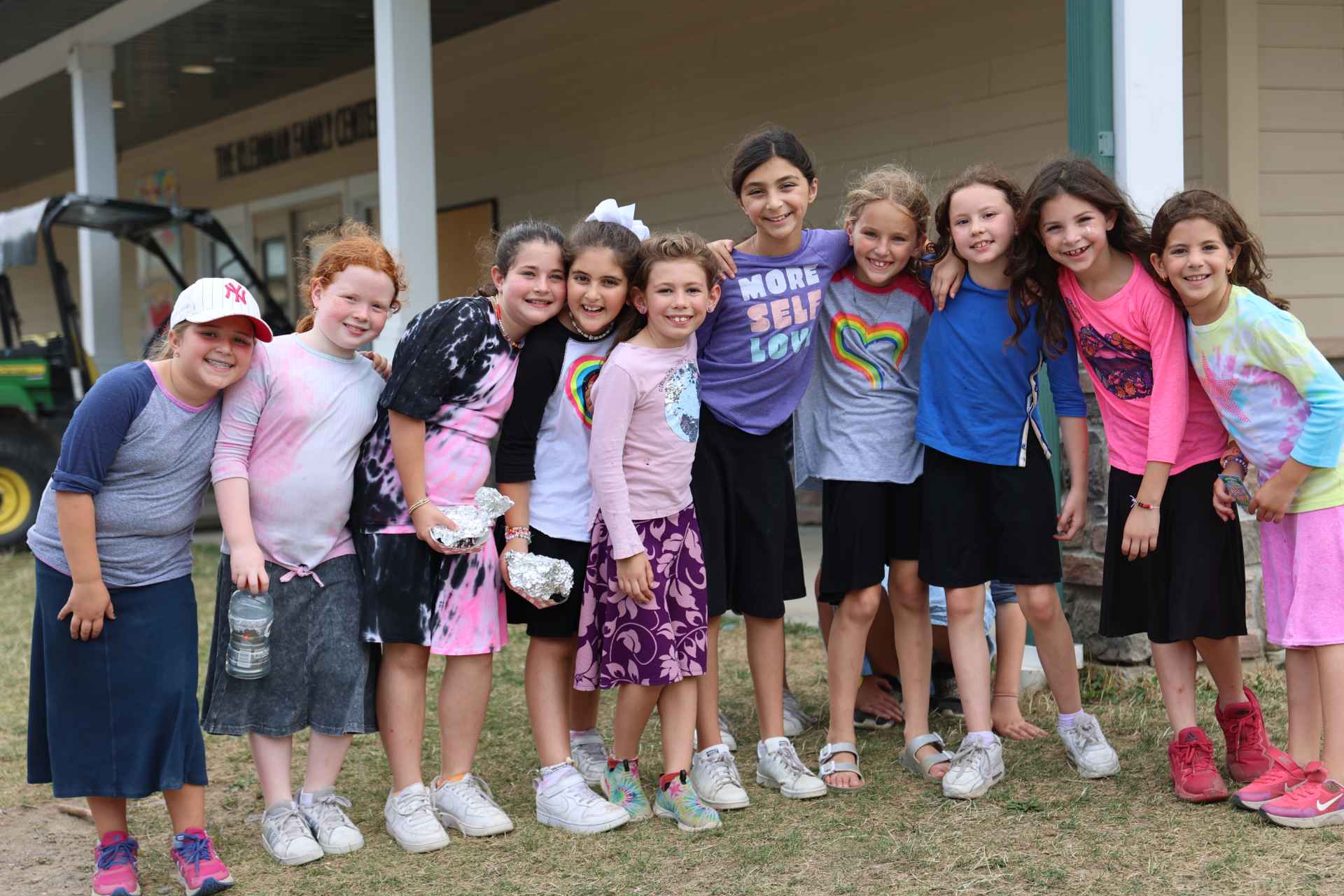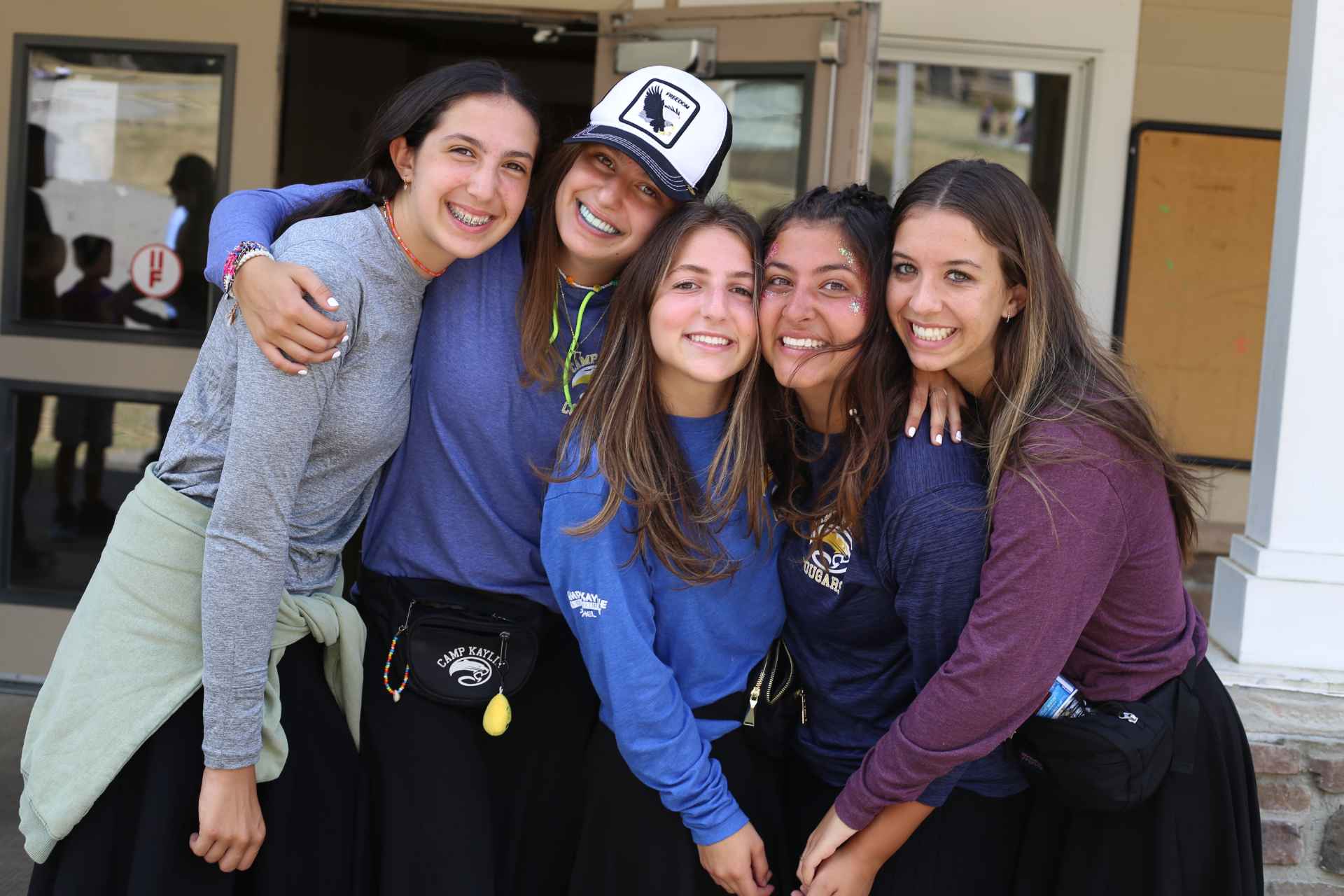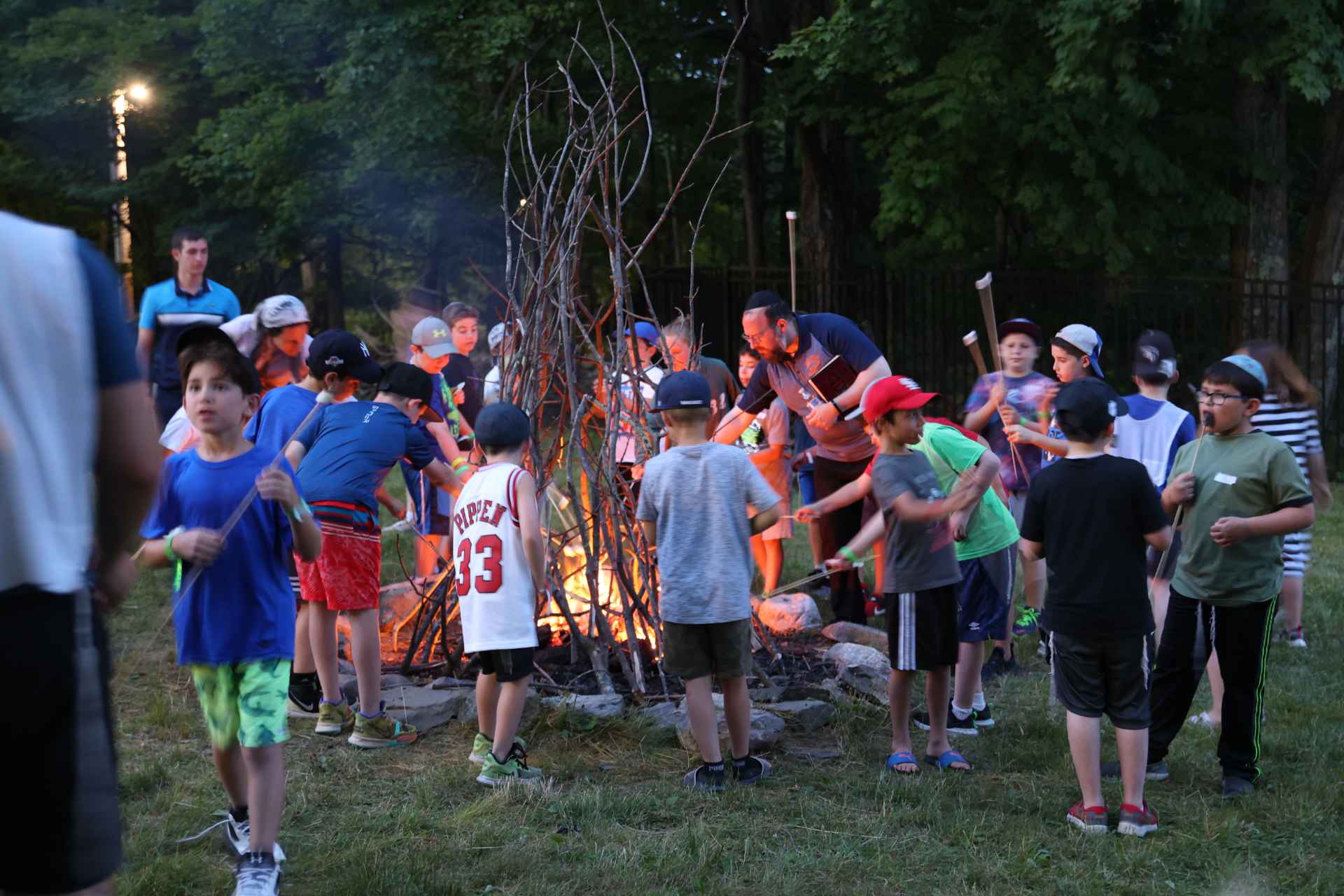What disabilities do some children have at Camp Kaylie?
Some common developmental disabilities of those who attend Camp Kaylie include Aspergers, Autism, Down Syndrome and other mild developmental delays. Many of these campers currently attend inclusion programs and are mainstreamed in various schools.
Is it Okay to Ask Questions?
One of the greatest words we want to hear at Camp Kaylie is “why”. It is very natural for children to be curious about differences, and we encourage our campers to find out more about those differences. By gaining a better understanding about peers with disabilities, campers can be more sensitive and accepting when the camper may act in a way they are not accustomed to. There are many staff on hand before and especially during the summer for your child to speak with and to facilitate the process of inclusion.
Not that Different
The most important thing for your child to know is that people with special needs are much more similar to them than they are different. Even though someone may act or speak in a manner that your child is not accustomed to, it is important for them to know that all children have the need to be loved and interact with others. In addition, all children have the right to be respected and treated as equals, regardless of any differences they may have.
How Should a Camper Act?
There is no special formula concerning how your child should act around those with special needs. The general rule is that they should just BE THEMSELVES! Just like any other person, kids with special needs will respond positively to people who act naturally around them. At the same time, your child will likely need to exhibit a higher degree of understanding and sensitivity during certain situations. A camper with special needs may become anxious when faced with a new and challenging experience. Your child may also need to be more patient if it takes a camper with special needs a bit longer to accomplish a goal or to express a thought.
Differences May be Fun!
Friends in camp tend to have different interests. For example, one may be interested in sports, and the other may be interested in nature. Even though your child’s interest may not be identical with their peers with special needs, they should be encouraged to ask their fellow campers about things that interest them. By asking and sharing, your child may not only learn something new and interesting, but he/she may end up realizing that they have more in common with their fellow campers than they may have initially thought.
Engage First
Some campers with special needs may have social issues that make peer interaction difficult at times. Nevertheless, your child should realize that they have a need to interact with others and would benefit by doing so. Encourage your child to strike up a conversation, ask someone to have a catch, take a walk, learn something together etc.
Is Camp Kaylie a Chesed Camp?
No- Camp Kaylie is not a chesed camp. At Camp Kaylie, campers enjoy a fun, competitive and exhilarating summer within a camp that includes campers of all abilities. Your child should be complimented on his/her decision to attend a camp that celebrates differences and breaks down stigma. Your child should not think they are attending Camp Kaylie to do chesed with the campers who have special needs, although it is perfectly natural for your child to feel they are involved in a chesed. By the end of the summer, campers both with and without special needs gain tremendously from the experience.
What your child has to look forward to at Camp Kaylie
There is no doubt about it; Camp Kaylie is about having an incredibly fun summer! In addition to our amazing programming and state of the art facilities, we know the integration experience will further elevate your child and leave him or her forever enriched. As we have seen, the unique inclusion at Camp Kaylie instills understanding, builds bridges and broadens horizons. This helps develop greater character strength and empathy for others. For many campers, this is a new experience that your child may understandably be apprehensive about at first. As such, we recommend that you use this guide to introduce an open discussion with your child about the process of inclusion.

